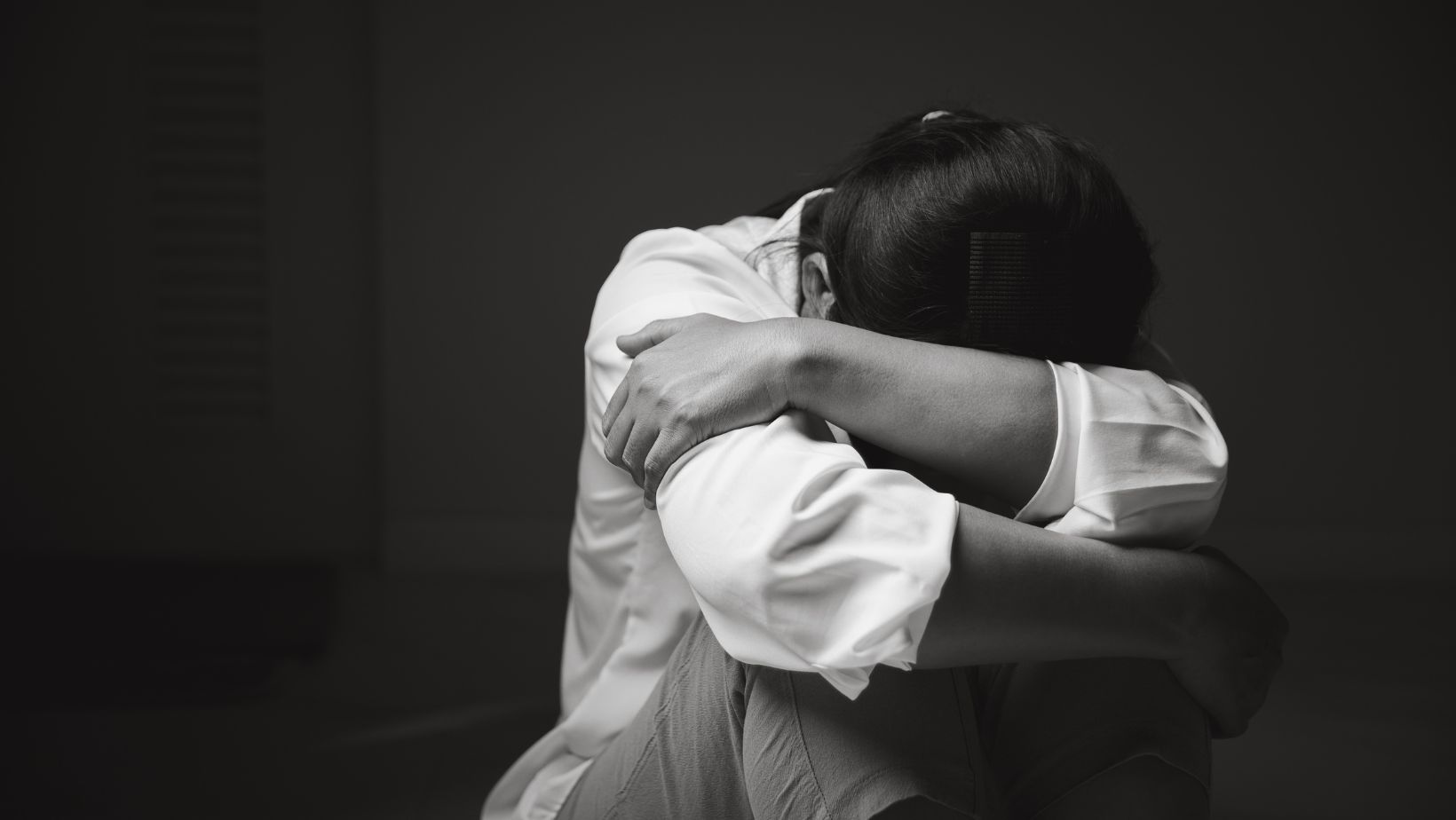Is Sibling Sexual Abuse a Growing Problem?

Survivors of sibling sexual abuse need to be believed and supported. They also need help addressing issues related to guilt and shame. Perpetrators need to be held accountable and given treatment.
Many perpetrators of sibling sexual abuse have experienced their form of sexual abuse, which can lead to denial and minimization of their role in the abuse. It needs to be addressed in individual therapy sessions.
What is Sibling Sexual Abuse?
Sibling sexual abuse involves the exploitation of children by a family member. It may include physical or non-physical forms of abuse and is less likely to be reported than other types of child sexual assault. Survivors of sibling sexual abuse may face shame, denial, and reluctance to disclose because they are afraid of being stigmatized. Family members also fear that their relationship will be impacted if they report.
Mental health practitioners should be ready to evaluate cases of sibling sexual abuse and should be aware of how common this kind of abuse is. They must realize that there are numerous ways in which this abuse can occur and that the perpetrators can include biological siblings, step-siblings, half-siblings, foster siblings, and adopted siblings who share a home. It can be hard to distinguish between innocent curiosity or exploration and abusive behaviors that can have lasting impacts on children’s lives. Regardless of the form, the abuse can be devastating for both survivors and perpetrators.

What Are The Signs of Sibling Sexual Abuse?
Sibling sexual abuse can be challenging to identify and address. Often, victims fail to report their sibling’s behavior because they feel ashamed, embarrassed, and confused about what is considered normal childhood curiosity versus crossing the line into abuse.
It is also challenging for mental health professionals to recognize and treat sibling sexual abuse because it has been under-studied and under-described. Additionally, when students with a history of sibling sexual abuse disclose it, parents and teachers frequently respond in disbelief, which further compounds the victim’s shame and embarrassment.
Perpetrators of sibling sexual abuse are typically older or more advanced developmentally, giving them the ability to manipulate and dominate their younger siblings. This misuse of power is often fueled by cultural or family norms that place women and girls at a lesser status than men and boys. This power imbalance can lead to various tactics to misuse power, including physical and psychological threats.
How Can I Help My Child?
If you believe your child is experiencing sibling sexual abuse, seek help. This form of abuse is not talked about and is often dismissed as “normal childhood curiosity.” It can be a more insidious form of control because it happens away from parents’ eyes. There are several resources available for both children and adults who have been affected by sibling sexual abuse.

Adults can help by teaching their children to respect each other’s bodies and boundaries. They can also reinforce safety in their home and public places. If they suspect a problem, they can report the behavior to their family services. Perpetrators of sibling sexual abuse need to be held accountable and receive treatment so they do not harm other people. Victims need to be believed and offered ongoing care and support as they work to heal from the trauma of being abused by someone who was supposed to love them.
How Can I Help My Sibling?
Sibling sexual abuse is more common than many people think. It often happens behind closed doors, is rarely reported, and may go unrecognized. Children who survive sexual trauma from siblings are likely to have a higher likelihood of antisocial behaviors and mental distress, mainly when the victim is younger or more developmentally advanced than their offending sibling.
It is difficult to believe that children and other family members can cause sexual harm, especially when it comes from those closest to them. However, in reality, sibling abuse can happen to anyone, regardless of age or gender.
Listening and being supportive is essential if you know someone, their brother or sister, was harmed. You can also help them get the treatment they need. Psychiatrists who specialize in PTSD are ready to help. Find a provider near you. Get a free PTSD assessment.
What's Your Reaction?
Deepak is a lover of nature and all things sporty. He loves to spend time outdoors, surrounded by the beauty of the natural world. Whether he's hiking, biking, or camping, Deepak enjoys being active and in touch with nature. He also loves to compete and push himself to his limits. Deepak is an avid cyclist, runner, and swimmer. He has competed in several triathlons and marathons, and is always looking for new challenges to take on.



